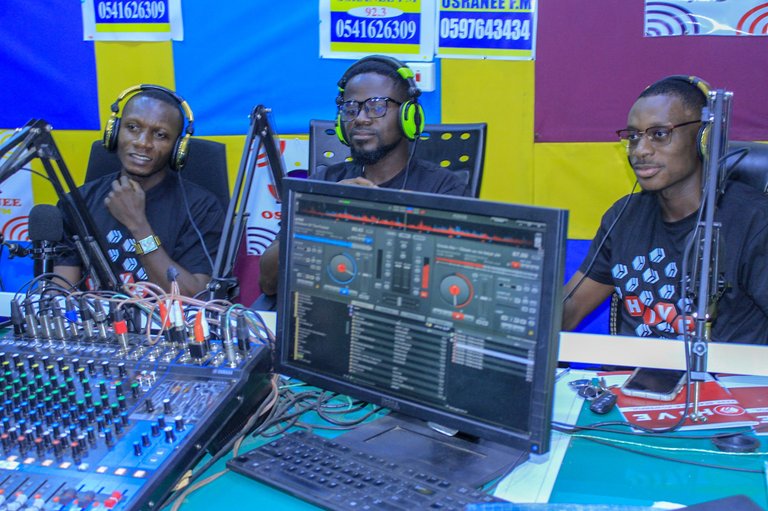
The youthful people of today are quickly embracing technological innovation, and the introduction of Web3 brought about debate across several platforms. While the internet has become a focus for such discussions, the issue remains: Is it worthwhile to invest in broadcasting Web3 news on typical radio stations?
Radio broadcasting takes thorough planning. Web3, as a complicated subject, demands careful structuring and presentation to guarantee that the audience understands its importance. Technical phrases must be simplified without losing their core in order to make the text more accessible to a wider audience.
Knowing how people will react to Web3 news on the radio is critical. While many Technology individuals are ready to embrace technological advances, there is also the issue of debunking myths, particularly in places like Africa. The idea that Web3 is only about cryptocurrencies has to be corrected to highlight its broader influence on decentralisation and enhanced online interactions.
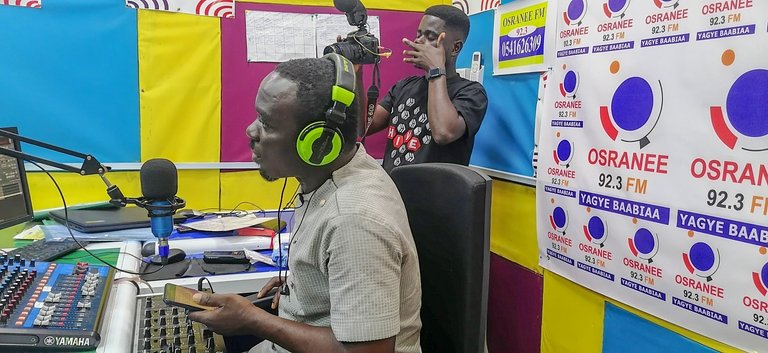
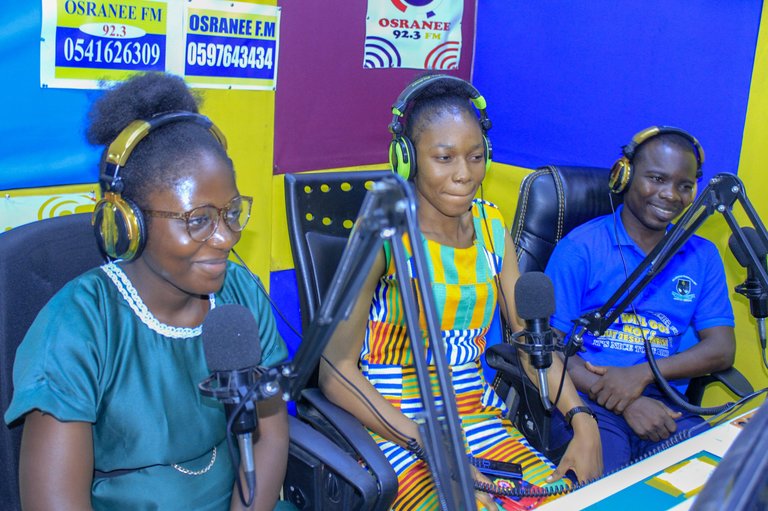
In locations where internet connection is limited, Web3 is sometimes interpreted incorrectly as yet another bitcoin terminology. Broadcasting on radio stations offers a chance to dispel this myth, bringing information on the revolutionary potential of decentralised technology beyond digital currency.
Web3 debates in mainstream media channels, particularly radio and television, have problems. These platforms frequently appeal to diverse individuals with various degrees of technological knowledge. Integrating Web3 conversations demands a fine balance to maintain interaction without ignoring certain elements of the audience.
Radio and television programs, which have typically concentrated on entertainment and mainstream news, may be hesitant to engage in Web3 conversations owing to possible complications and audience ignorance. Overcoming this wall requires framing the conversations in a way that is consistent with the viewpoints and worries of the general public.
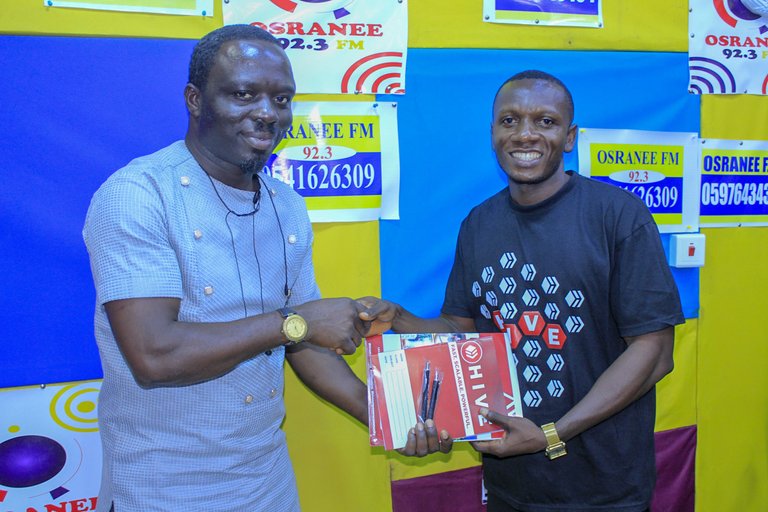

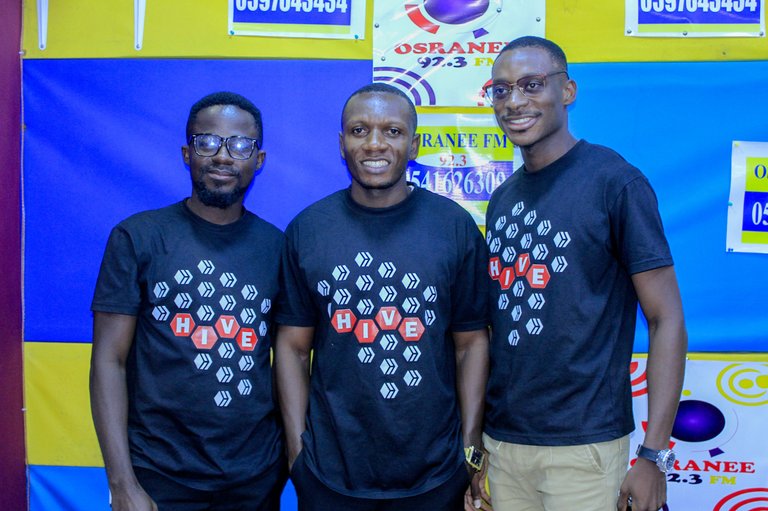
To help us discuss the changing environment of technology and media, I want my readers to contribute this perspectives. What is your community's impression of Web3? How do local TV and radio broadcasts tackle decentralized technology discussions? Is it a matter of interest, or does it meet opposition? Let us break down the complexities of Web3 together and see how it might fit into the many domains of media.